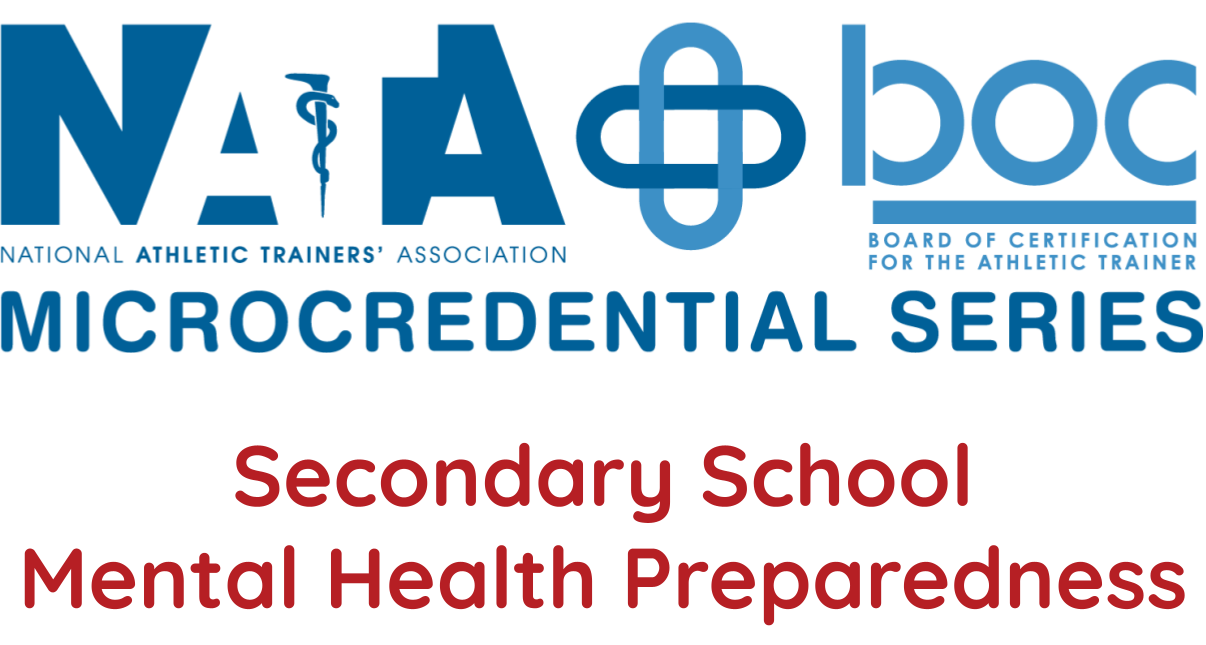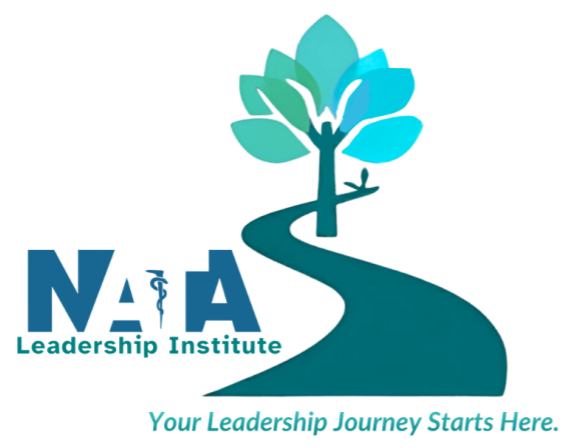
Grant Norte, PhD, ATC
Grant E. Norte is an Associate Professor in the School of Kinesiology and Rehabilitation Sciences – Division of Kinesiology at the University of Central Florida. Norte serves as a Co-Director of the Cognitive, Neuroplasticity, & Sarcopenia (CNS) Laboratory within the Institute of Exercise Physiology and Rehabilitation Sciences. In this capacity, Norte’s research agenda is focused on understanding the neurophysiological underpinnings of knee joint injuries to leverage innovative treatment approaches that improve patient outcomes. His body of work reflects a multifaceted approach to investigations of neural (transcranial magnetic stimulation, electroencephalography, Hoffmann reflex), muscular (dynamometry, burst superimposition, electromyography, magnetic resonance imaging), movement (2D and 3D motion capture), and patient-oriented impairments following orthopedic trauma, with a particular emphasis on ACL injury.
As a southern California native, Norte graduated from California Lutheran University with his undergraduate degree in exercise science and sports medicine – athletic training. He went on to complete a post-professional athletic training program at the University of Virginia. Norte later attended an athletic training fellowship with The Steadman Clinic in Vail, CO and served as head athletic trainer at the State University of New York at New Paltz to broaden his perspectives in healthcare before returning to the University of Virginia, where he earned his doctorate in sports medicine.
Norte is an active member of the National Athletic Trainers’ Association, American College of Sports Medicine, and Athletic Trainers’ Osteoarthritis Consortium. He enjoys mentoring students and building collaborative networks with friends and colleagues, both domestically and abroad.


